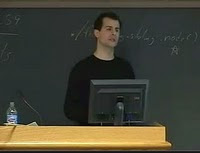String
Strings in C are represented by arrays of characters.
The end of the string is marked with a special character,
the null character, which is simply the character with the value 0.
Because C has no built-in facilities for manipulating entire
arrays (copying them, comparing them, etc.), it also has
very few built-in facilities for manipulating strings.
In fact, C's only truly built-in string-handling is that
it allows us to use string constants (also called string
literals) in our code.
Whenever we write a string, enclosed in double quotes,
C automatically creates an array of characters for us,
containing that string, terminated by the \0 character.
For example, we can declare and define an array of
characters, and initialize it with a string constant:
char string[] = "Hello, world!";
Two ways to initilize string >

In this case, we can leave out the dimension of the array,
since the compiler can compute it for us based on the size
of the initializer.
This is the only case where the compiler sizes a string
array for us, however; in other cases, it will be necessary
that we decide how big the arrays we use to hold strings.
An example program showing the character data type array:

Out put of the program

In the above example, a character based array named word
is declared, and each element of array is assigned a character.
The last element is filled with a zero value, to signify
the end of the character string (in C, there is no string
type, so character based arrays are used to hold strings).
A printf statement is then used to print out all elements
of the array.






0 comments:
Post a Comment